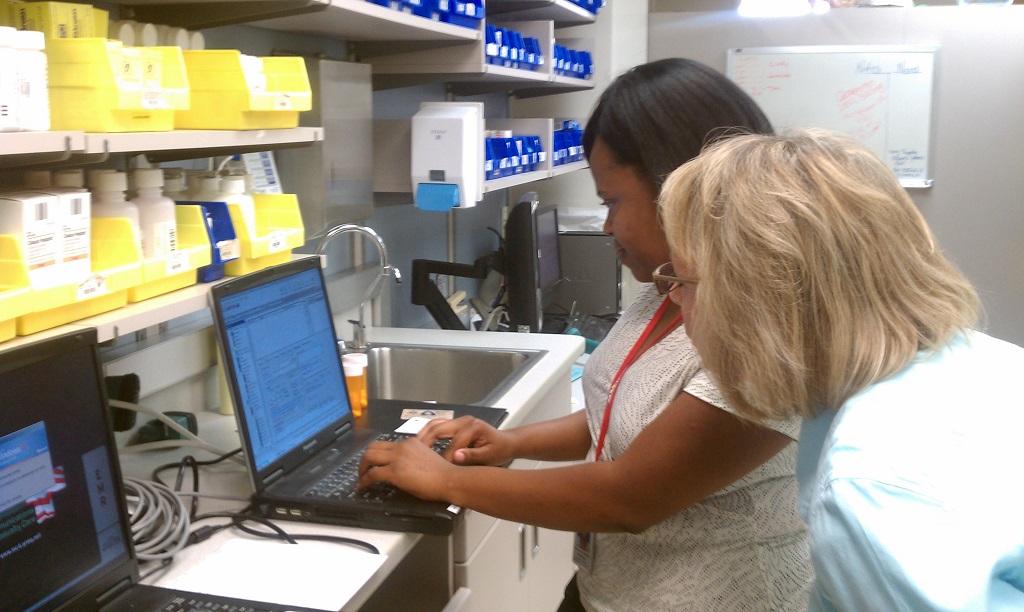
THE EFFECTIVENESS OF TELEPHONIC CONSULTATION IN PRIMARY CARE
The number of general practitioners in each country globally has significantly reduced due to the rising number of the elderly population who have complex needs thus leading to the decrease in the number of full-time practitioners.
Many health policymakers are suggesting ways to try and improve ways in the reduction of face to face consultations that could as well improve patient access and alleviate staff workload and promote the uptake of other alternative approaches such as telephone consultation.
Thousands of students get Cheap Nursing Term Paper Services from nursingwritingservices.com. Try yours today risk free.
Telephone or electronic consulting makes it easier for general practitioners to speak to every patient on the telephone and making decisions to how the problem can be treated whereas a face-to-face treatment requires a physical nurse and a doctor to be available. Many of the companies are advocating for these systems to take effect since there is a large reduction in the workload of a practitioner hence reducing the walk-ins at the hospital and the emergency departments plus admissions.
Results done from previous research show that general practice can be managed by having telephone conversations and a lower amount of people require face-to-face interactions. There is, however, an increase in the overall workload for the doctors.
Telephonic conversations among many varied as practitioners noticed a large reduction in the workload while others got huge increments. Some of the explanations for this were not clear and more research was needed. Many researchers noted better organizational practices, however, some never fully implemented the approach hence showing little outcomes or associations.
Also Read: What is verbal communication in Nursing?
There are mixed views regarding the effectiveness of telephonic consultations as some of the patients loved the quicker advice they got as they never had to walk in a hospital physically which was more frustrating to them since they had to deal with long queues at the hospital. Other patients disliked the system as it took long hours to get a response or finally get to speak with a doctor. They say non-verbal communication is also an effective means of communicate as many patients who do not use English as their first language had difficulties in communication hence termed the process not viable.
Some of the difficulties experienced led to health policymakers to come up with telephone consultation skills training that made it easier for doctors and general practitioners to effectively communicate with their patients and mitigate these issues. Some of the mistakes practitioners did be to downplay some of the symptoms patients talked about on the phones making the issuance of wrong prescriptions thus leading to potentially life-threatening mistakes.
Patients who were not native speakers needed professional interpreters or a face-to-face meeting scheduled before any medication was given out. Many clinical staff members became confident having telephone consultations after they were given a model to follow with relevant training arranged by Royal College of General Practitioners. Some of the lessons learned were that needed proper clinical governance structure so that they can review telephone consultations by keeping voice recordings for training and quality purposes. The audit was required in ensuring that patients are receiving the best service and advice on the telephone as per the Royal College of General Practitioners. Other lessons learned is that many patients like using telephones since it was an easier way to seek advice and not costly as compared to hospital walk-ins where the same expert medical advice was offered.
Telephonic consultations provide safe means that is quick and effective for a patient’s healthcare. One can, however, easily make mistakes when giving out advice to patients since there are no visual cues thereby requiring most of the healthcare professionals to follow the guidelines given out for a proper telephone consultation. Telephone consultations are a convenient way of providing advice to patients since it limits the geographical issues many patients face in seeking better opinions and services.
It should be noted that the conversations require supervision from the local guidelines put in place for the provision of better services and healthcare to our patients.

